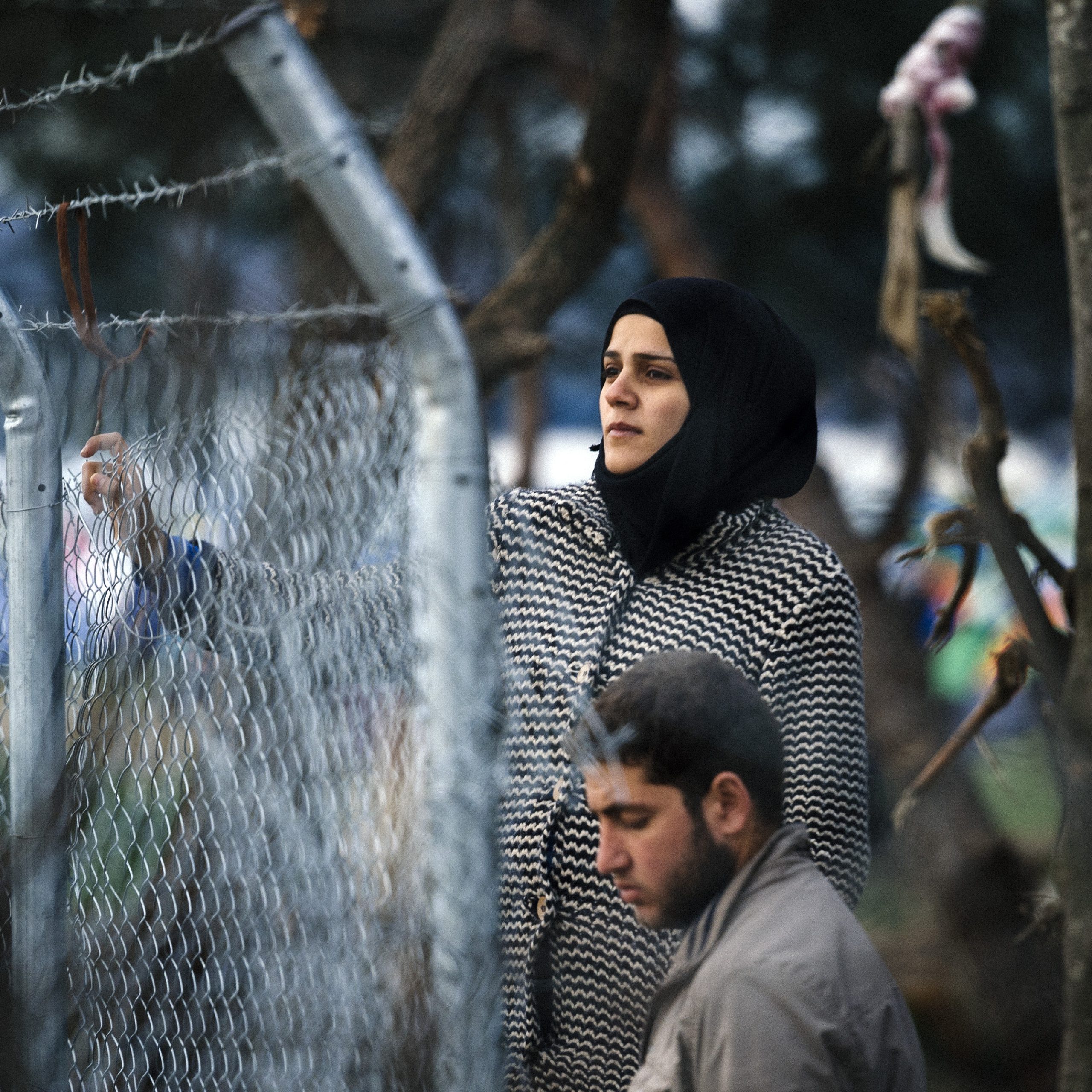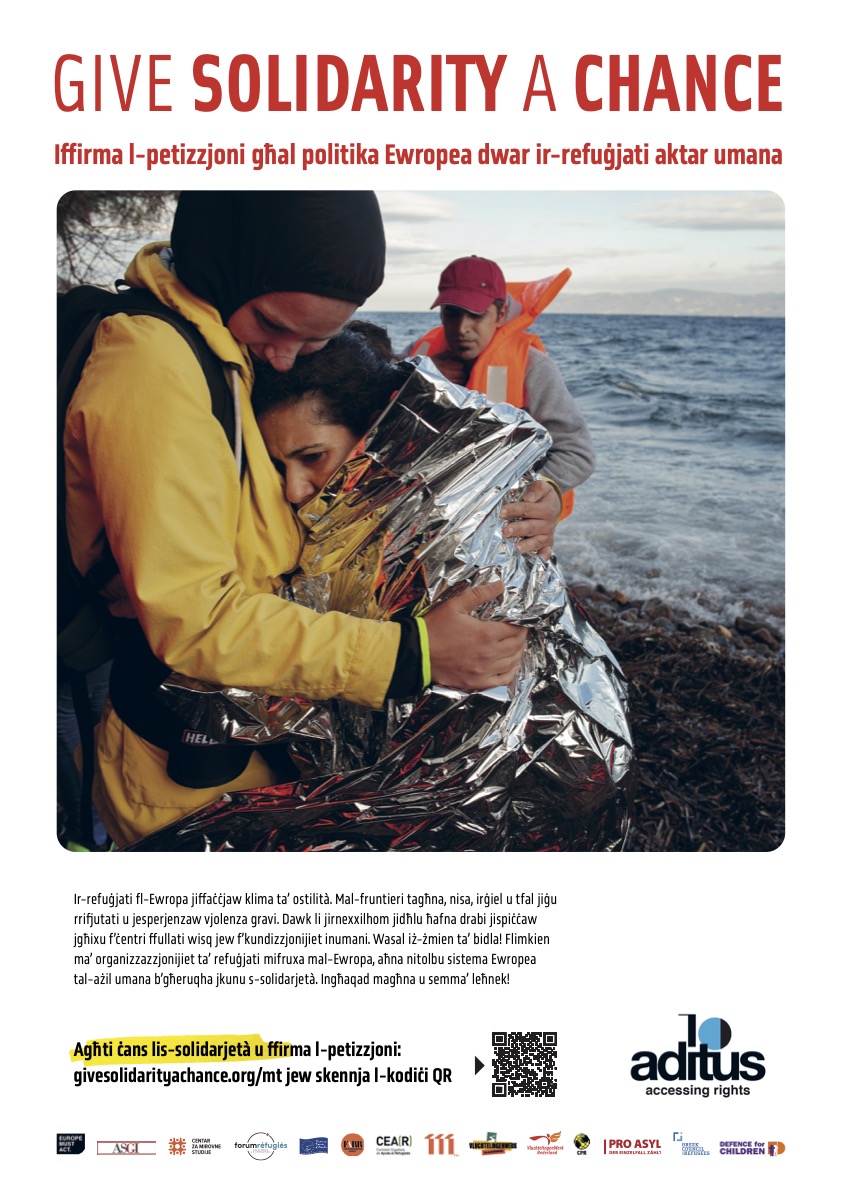Malta Refugee Council statement on World Refugee Day 2023
Every year, World Refugee Day invites us to remember the men, women and children who were forced to flee their homes in search of safety. This year, to mark Malta’s forthcoming launch of its second National Integration Policy and Action Plan, the Malta Refugee Council wishes to urge Malta to develop a clear and inclusive pathway towards refugees being accepted and welcome.
Refugees who have settled here need better guidance on what it takes for them to be truly welcome in Malta. From the moment of their arrival, they are repeatedly told that Malta can never be their home. This harsh message follows them along their paths, where they are constantly subjects of criticism, discrimination and exclusion. After years of life in Malta and despite their best efforts, they remain on-lookers of Malta’s social and cultural life, burdened with the knowledge that Malta will never really be home.


